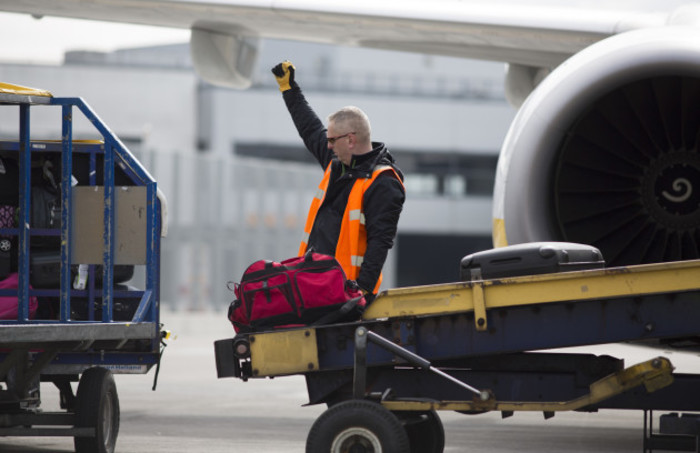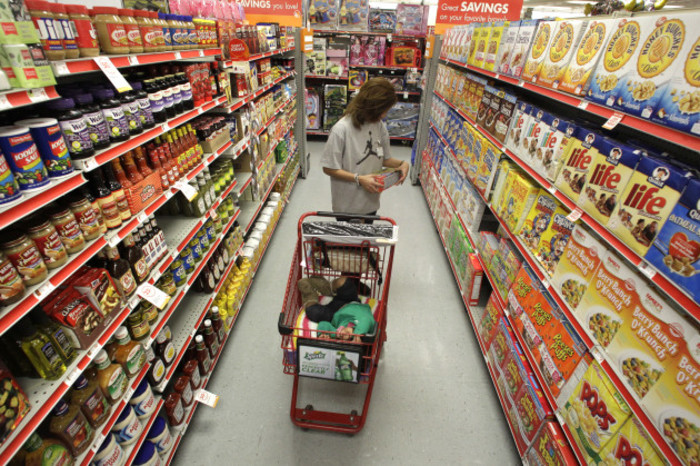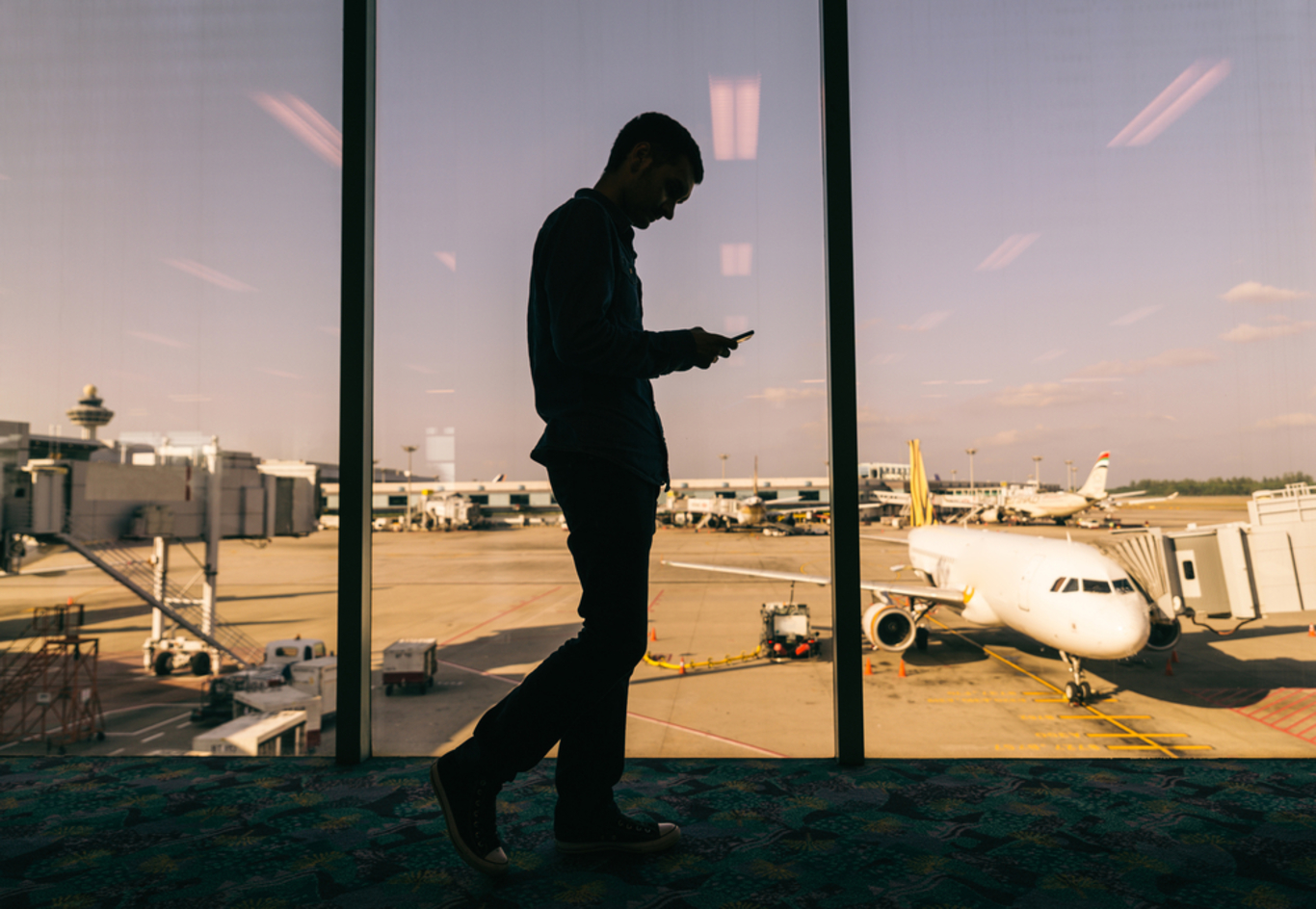Airlines with 'half-assed' mobile apps are losing out to the likes of Skyscanner
Even though they know more about their customers than Google.
AIRLINES WILL GET their lunches eaten by so-called ‘aggregators’ if they don’t offer better mobile sites, a top transport exec has warned.
Bobby Healy, chief technology officer at Dublin-based travel tech firm CarTrawler, has said that airlines will miss out on millions in ancillary revenue if they don’t fix their “half-assed” mobile sites within the next five years.
Ancillary revenue is money made through non-ticket sales such as baggage fees or food sales.
It is particularly important in the low-cost business model. For example, about a quarter of Ryanair’s overall sales come from ancillaries.
CarTrawler makes software for airlines, hoteliers and online travel agents to sell car hire and taxi services to customers. It estimated that ancillaries were worth about €63 billion to the global airline industry last year.
Speaking to Fora, Healy said that over the next five years, airline sales will “get eroded” by third-party aggregators because their mobile offering won’t stack up to sites like Skyscanner.
“Typical traffic now in the UK is about 50% transacted on mobile,” he told Fora, ”yet most airlines don’t even have a mobile app. They have a half-assed desktop product squeezed into mobile and they have little or no investment in it.
“If you look at even a good airline app, you’ll see it’s great for selling flights or for checking in, but it doesn’t sell anything else. It’s really designed by people to tick a box.”
 Bobby Healy of CarTrawler
Bobby Healy of CarTrawler
Baggage
CarTrawler sponsored a recent report by Milwaukee-based aviation consultants IdeaWorksCompany which analysed the mobile sites of the world’s 25 largest airlines, including Irish firm Ryanair as well as the likes of Emirates and Lufthansa.
The author of the report, Jay Sorensen, said airlines lost the most marks for not providing clear information about prices for add-on items.
“There were plenty of examples where the price of a product was not shown until it was put into your basket,” Sorensen told Fora. “There’s nothing deceiving about that … but it’s not good retail practice.”
Sorensen – who spent 13 years in various roles at Midwest Airlines – said the problem was most noticeable when it came to displaying checked baggage options.
“When you clicked for more information, it would take you to the generic baggage (policy) page,” he said, “which is hard enough to navigate on a laptop because of the complexity of the topic, let alone prowl around on a small screen.”
 Baggage handler at Dublin Airport
Baggage handler at Dublin Airport
Sorensen said this was a big lost opportunity, since many airlines want customers to check extra baggage before their flights.
Out of date
According to Healy, most sales functions on airline websites are at least 10 years old.
He said it is not realistic for carriers to catch up on decades of technology, so it makes sense for them to hand those duties over to companies that specialise in the likes of insurance or hotel booking.
Airlines should instead invest in building better websites and apps to make their ‘shopfront’ more attractive.
“The customer goes to an airline first when they’re planning their trip,” Healy said. “They’re usually booking about 30 to 40 days ahead of departure time. The problem is all the ancillaries are typically bought about seven to 10 days before they go on that trip.”
As a result, airlines only capture “about 20% of the business that’s available to them”.
In other words, once passengers have bought their flight ticket, they have no reason to go back to the carrier’s website.
“If an airline has a plane with 250 people on it and 50 people are renting cars at Orlando airport, the airline is only selling 10. The others are being sold by (third-party) brokers.”
Airlines are a bit like supermarkets, Healy said, because they spend a lot of time and money trying to coax customers ‘in the door’.
Airlines are usually the first port of call when travellers are planning their itineraries.
However, they don’t make the most of their prime position in the travel booking process, Healy said.
 A supermarket aisle
A supermarket aisle
Airlines ”know more about the customer than even Google does”.
“The moment you search (for a flight) the airline knows where you’re going, they know when you’re going, they know long you’re going for,” he said.
“They are the perfect advertisers for a hotel product or a car rental. They already know everything they need to know about you.”






